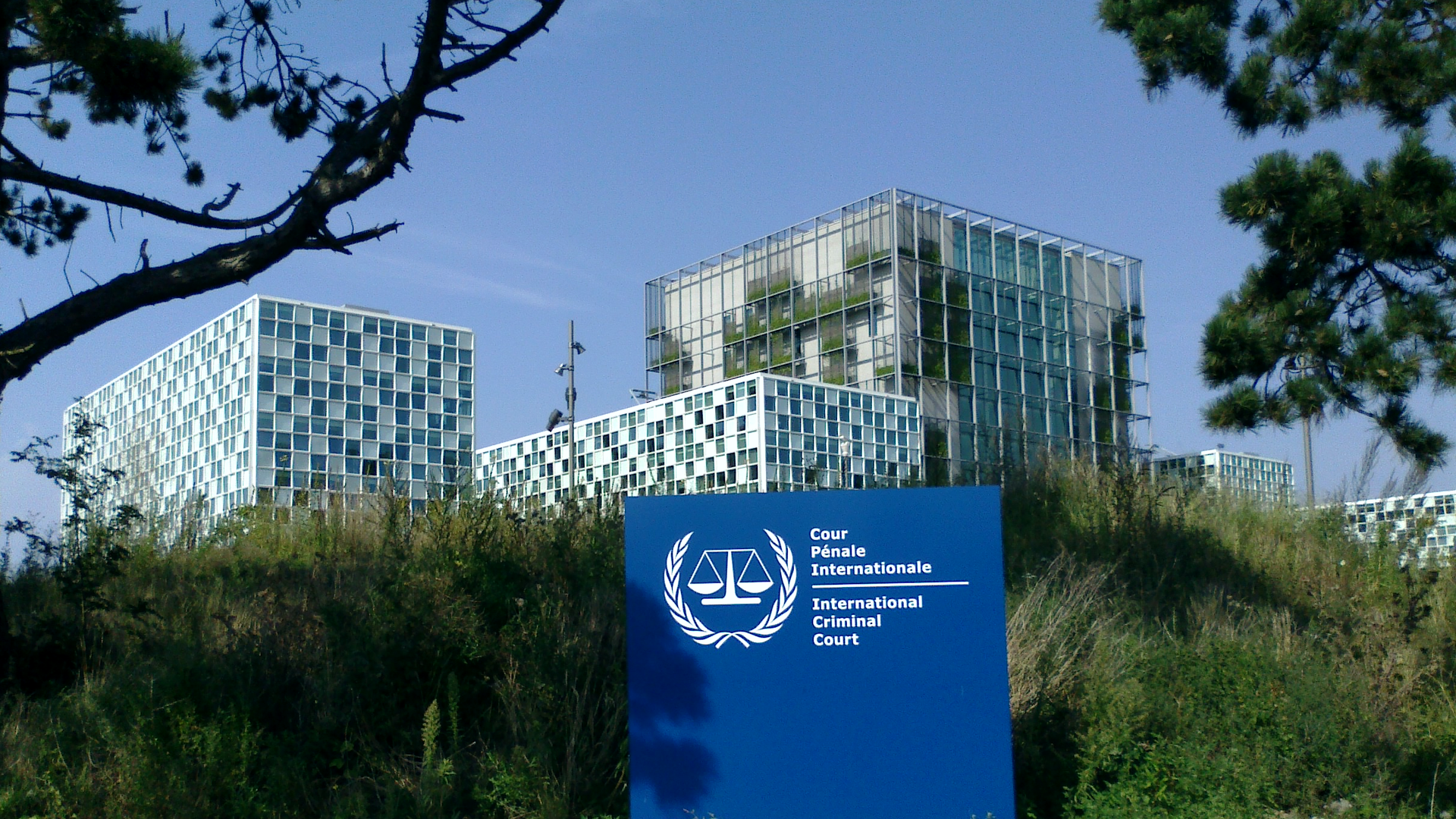ICC Arrest Warrants Could Derail Hostage Negotiations, Fuel Political Tensions, Antisemitism, Expert Tells TML
The ICC is anticipated to issue arrest warrants for Israeli politicians, with critics urging similar actions against Hamas leaders. Hostage negotiations in Gaza risk being undermined if the ICC prosecutor appears biased.
Israeli officials are increasingly worried about the possibility of ICC arrest warrants and the negative impact they might have on negotiations to free hostages held by Hamas. Prime Minister Netanyahu, who may be a target of an ICC warrant, voiced concerns about the court’s actions and confirmed that the Foreign Ministry is closely monitoring reports of impending ICC actions.
If an arrest warrant is issued against them [Israeli leaders], this is not the same as an indictment, or document containing the charges; this comes much later
“If an arrest warrant is issued against them [Israeli leaders], this is not the same as an indictment, or document containing the charges; this comes much later,” said Iain Edwards, a defense counsel at the ICC, during a conversation with The Media Line.

Iain Edwards, ICC defense counsel. (Courtesy)
An ICC arrest warrant, Edwards explained, primarily has reputational consequences, as it would only be issued if the Pre-Trial Chamber believed there were reasonable grounds for the warrant.
Edwards continued, emphasizing that the practical consequences involve ICC member states executing the warrant, potentially restricting the target’s movement. The individual risks arrest in any of the 124 member states, especially if Interpol issues a Red Notice.
This process … is strictly confidential. The target is not informed. The prosecution would also have to show that the arrest is necessary to ensure the person attends court, or to ensure that the person will not obstruct justice or interfere with the proceedings, or to prevent the person from continuing to commit crimes.
“The process starts when the prosecution asks a Pre-Trial Chamber to issue an arrest warrant after presenting sufficient evidence that there are reasonable grounds to believe that the person has committed a crime within the jurisdiction of the ICC,” Iain explained. “This process is set out in Article 58(1) of the Rome Statute and is strictly confidential. The target is not informed. The prosecution would also have to show that the arrest is necessary to ensure the person attends court, or to ensure that the person will not obstruct justice or interfere with the proceedings, or to prevent the person from continuing to commit crimes.”
“The arrest warrant does not mean the person is guilty, only that the judges have examined a dossier of evidence provided by the prosecution and have determined that there are reasonable grounds to believe the person has committed one or more crimes within the jurisdiction of the ICC,” he said.
The prosecution must provide detailed information about the individual, their alleged crimes, and evidence supporting these allegations. The Pre-Trial Chamber then decides whether to issue a warrant, but this decision does not determine guilt. Verdicts come after thorough trials, with higher standards of evidence than those used to issue arrest warrants. Trials can last for years, during which accused individuals are often detained. If convicted, they inevitably face lengthy sentences. Convicted individuals can appeal before a panel of five judges, which decides if the Trial Chamber committed significant errors of fact or law.
Iain explained that ICC arrest warrants are initially confidential, only being made public when the prosecution seeks to unseal them. They might stay sealed for specific member states “when it is known that the suspect is in that country and the court does not want the suspect to disappear,” or become public when international cooperation is needed. While he supports transparency, he emphasizes the need for balance in arrest warrants for Israeli and Hamas leaders: “If there were arrest warrants for high-ranking Israeli politicians or military figures, I would fully expect there also to be arrest warrants against Hamas leaders,” he said. “That would be a sensible and even-handed approach by the prosecutor.”
The Media Line interviewed Anne Hertzberg, legal adviser at NGO Monitor, about the potential ICC arrest warrants and their impact on the Israel-Hamas conflict and hostage negotiations.
Hertzberg noted that while Israel considers ICC developments, they do not dictate the country’s military strategy. “Rafah has been debated and planned for many months. It’s the last holdout for Hamas and essential to victory in this war. Two weeks ago, Israel had strikes from Iran. Every day, Hizbullah is bombing Israel. So, the ICC isn’t something the Israeli government can focus on. However, members of the political branch are working to limit the damage,” she added.
Hertzberg believes that ICC arrest warrants could escalate global protests and pressure allies like the US and UK to push Israel.
She warned that indictments against only Israelis would be troubling, particularly given the events of October 7 and the hostage situation. “Everything we’ve been hearing is related to indictments of Israelis, not Palestinians. I guess we’ll have to see what happens. Still, if it turns out that the indictments are only against Israelis, that would be egregious and outrageous,” she asserted.
Hertzberg stated that if ICC prosecutor Karim Khan issues arrest warrants solely against Israelis, it will reveal much about the court’s role in international conflicts, especially in anti-terrorism efforts.
She noted that the US is not an ICC member and former President Donald Trump sanctioned the prosecutor and officials for opposing US interests. She speculated that while the Biden Administration wouldn’t repeat this, they might engage in frank discussions with the prosecutor.
“The US’s best leverage, of course, is funding. They can say they’re not going to fund and not cooperate. Last week, the ICC issued a paper on the principle of complementarity, which is one of the governing principles of the court. If a country is investigating charges, the ICC will not step in, but in the case of Israel, they repeatedly violated that principle. In that document, they were asking for money to set up field offices, presumably on the Egyptian border or in Gaza. So that’s one thing that could be withheld. Not giving the funds to open these offices and not giving the court as much support as they could. These are some ways Israel’s allied countries could exercise leverage,” she explained.
Hertzberg criticized the ICC’s cases, as well as the case before the and the International Court of Justice, as a form of political warfare. “Every war has its kinetic action, military action, and information warfare. This is clearly part of information warfare.” She warned ICC prosecutor Khan against falling into the trap of pursuing actions that could reinforce biases.
Should the ICC go forward, I think it will amp these [anti-Israel protests] up to levels we have never seen. It will place Jews in the Diaspora in even more danger.
Hertzberg also fears that the issuance of ICC arrest warrants against Israeli leaders will empower the current anti-Israel and antisemitic protesters even more. “Should the ICC go forward, I think it will amp these [anti-Israel protests] up to levels we have never seen. It will place Jews in the Diaspora in even more danger. One of the precepts of the ICC is the interests of justice, so Karim Khan should take a look at the interests of justice when he’s going forward and how his acts will be emboldening Iran, Hizbullah, the Houthis, Hamas, hurting the hostages, and contributing to historical levels of antisemitism not seen since World War II,” she concluded.

